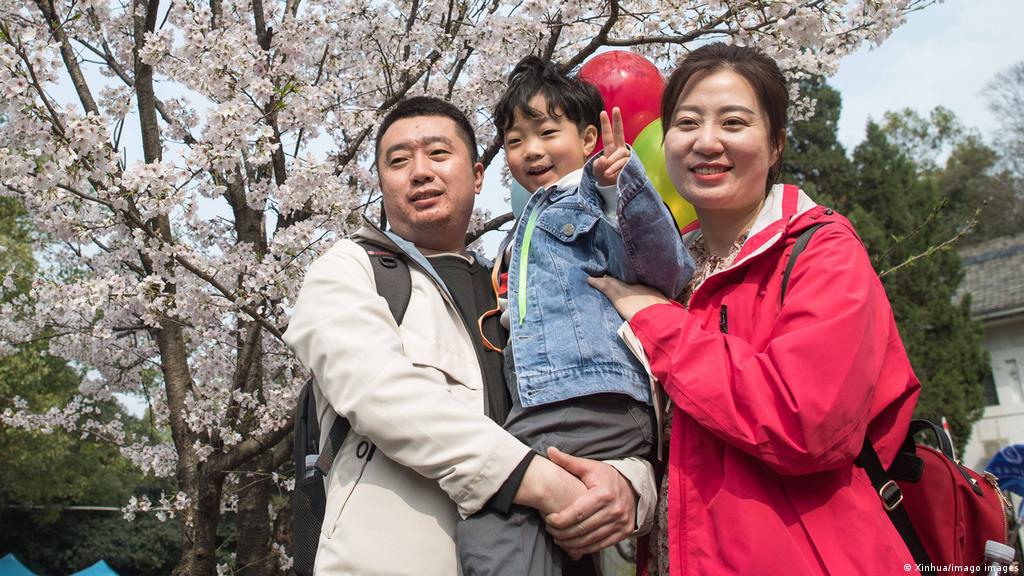China gives property-buying benefits to families with three children amid declining housing market and birth rates

A few minutes every morning is all you need.
Stay up to date on the world's Headlines and Human Stories. It's fun, it's factual, it's fluff-free.
Last year, China decided to implement a three-child policy amid record low birth rates since 1950. Shortly after, the COVID-19 pandemic kicked off, and to top that off, the property market was struggling with Evergrande at the forefront of the country’s property market woes.
Now though, Chinese cities have found a way to counteract the seemingly unrelated problems. For example, China’s eastern city of Hangzhou is now letting families with three children buy another residence and obtain priority when buying new homes. To avail of these perks, though, the third kid has to be born after May 31 last year, which is when China abolished its two-child policy.
This is in line with the Chinese government’s principle, which is that “houses are for living in, not for speculation,” a principle that officials have repeated, especially after the overdevelopment of the nation’s housing market and the capital crackdowns in the industry.
Key comments:
“It is an important policy move, but the three-children policy alone will not lead to a sustained rebound in the fertility rate,” said Yuan Xin, a professor at Nankai University’s School of Economics, last year when China first enacted its three-child policy. “A whole package of services and policies, such as childcare, tax-rebates for parents, housing subsidies and even gender equality, are needed to create a social environment that encourages parents to have more babies.”
“Such a policy can spur home buying and encourage having more children at the same time,” said Gao Yuansheng, analyst at China Index Holdings. “It again shows that China supports ‘real’ housing demand for multi-children families.”







Comments ()